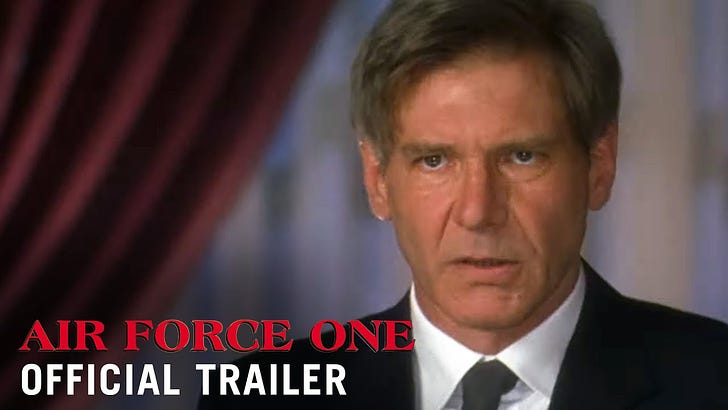LINCOLN:
"Lincoln" is a profound tribute to American values of justice, equality, and democratic leadership. The film, directed by Steven Spielberg, focuses on President Abraham Lincoln's final months in office as he works tirelessly to pass the 13th Amendment, abolishing slavery. Through Lincoln's unwavering commitment to human dignity and his masterful…
Keep reading with a 7-day free trial
Subscribe to Elice Island Newsletter to keep reading this post and get 7 days of free access to the full post archives.



